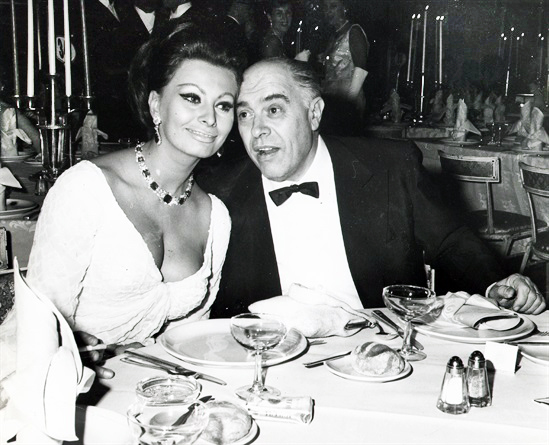We all know the Great Navigator by the name of Christopher Columbus; however, there are multiple versions of his name that have been handed down through the centuries.
The English rendition of Colombo, Columbus, is actually spelled as it would have been in ancient Rome and means dove in Latin. Because the Latin us ending changes to an o ending in Italian, Columbus becomes Colombo. As a surname, Colombo was associated with merchants that raised and sold doves. The diffusion of variations of Colombo as a given name are attributed to the religious association of the dove as the symbol of the Holy Spirit. It also became a term of endearment and love, similar to the English term ‘dear.’ Subsequently, people began naming their children with variations such as Colombina and Columbella.
Over the centuries, Colombo and its related surnames have spread throughout Italy, with some forms analogous to a particular region. A few of these variations are – Colomba, Columbo, Colombro, Colombani, Colombetti, Colombrino, Colombini and Colombazzi.
Columbus’ first name Christopher means Christ-bearer. It was used by early Christians as a way of expressing that they carried Christ in their hearts. Given that Latin came into usage centuries before Christ’s birth, the name Christopher itself does not have Latin roots. However, once Emperor Constantine issued the Edict of Milan in 313 AD, declaring Christianity legal and official in the Roman Empire, the name Christopher began to spread in Latin and Italian forms. As Italian does not use a ph combination for an f sound, and h in Italian in some cases is optional, in Italian the name Christopher evolved into Cristoforo.
By the middle Ages, the name Cristoforo regained popularity as stories of the life of Saint Christopher grew in popularity. St Christopher, whose given name was Offeros, was a man of gigantic stature who was martyred under the Roman Emperor Decius in 250 AD. According to legend, he placed a child on his shoulders to help him cross a river but as he waded into deeper waters his burden seemed to grow heavier than the largest man. The child explained that He was Christ, laden with the sins of the world and gave Offeros the new name “Christopheros” or “he who carries Christ.” The popularity of the name is borne out by the number of surnames it generated, ranging from Cristoforo to Di Cristoforo, Di Cristofaro, Cristino, Cristina and DeCristina. Several of its variations are also used as common first names.
During his lifetime, Columbus would have been known by multiple names, given the kingdoms and courts he visited. His name in Ligurian is Cristoffa Corombo; in Italian it is Cristoforo Colombo; in English, Christopher Columbus; in Spanish, Cristóbal Colón and in Portuguese, Cristóvão Colombo. But regardless of the name, we honor Columbus as the man who opened the gateway from Europe to the New World.




